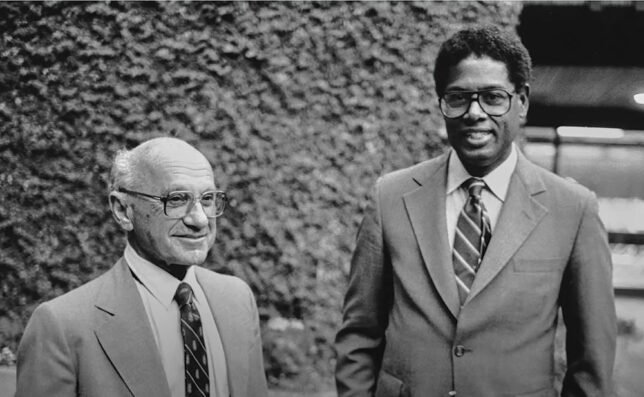Sublime
An inspiration engine for ideas

Alabama has relatively few writers to our name. As the saying goes, “Mississippians love their writers the way Alabama loves football.” In Alabama, Joan Didion noted “[t]he sense of sports being the opiate of the people. In all the small towns the high school gymnasium was not only the most resplendent part of the high school but often the most
... See moreImani Perry • South to America: A Journey Below the Mason-Dixon to Understand the Soul of a Nation
Prominent Women in History
Lindsey Chapman • 10 cards
It was left, then, to cast Sharpton, and for Sharpton to cast himself, as the Outrageous Nigger, the familiar role—assigned sixty years ago to Father Divine and thirty years later to Adam Clayton Powell—of the essentially manageable fraud whose first concern is his own well-being.
Joan Didion • After Henry: Essays
Here was the theory of racial equality about to be put into practice, and she only hoped she would be equal to being equal.
Margo Jefferson • Maud Martha
Princeton is very polite. And it elicits rage. Until 2020 the policy school was named after avowed racist, and former president of both the university and the United States, Woodrow Wilson. The students who protested the name of the school in the late 2010s called themselves the Black Justice League. The “BJL” posted Wilson’s racist words around
... See moreImani Perry • South to America: A Journey Below the Mason-Dixon to Understand the Soul of a Nation
“In the future, white supremacy will no longer need white people,” the artist Lorraine O’Grady said in 2018, a prognosis that seemed, at least on the surface, to counter what James Baldwin said fifty years ago, which is that “the white man’s sun has set.”
Cathy Park Hong • Minor Feelings: An Asian American Reckoning

When I was growing up, we went to New Orleans annually. I do not remember which visit it was when she took me to the Bourbon Orleans Hotel. But I remember her finger, slender with heavy knuckles, like mine have become, pointing at the plaque “Former Site of Holy Family Sisters Convent.” The unmentioned historic purpose of the ballroom was that it
... See more